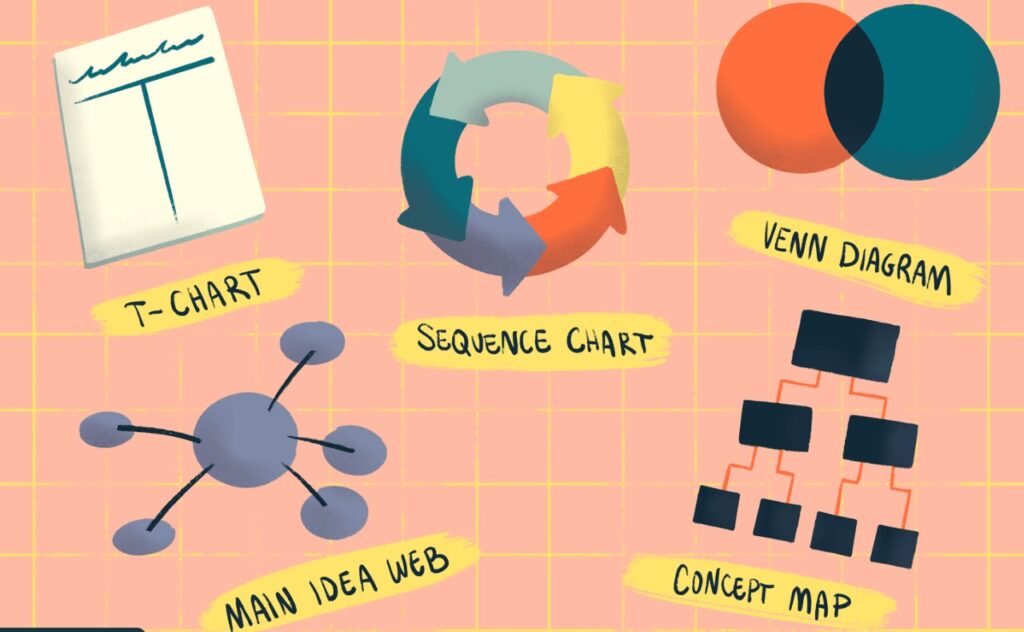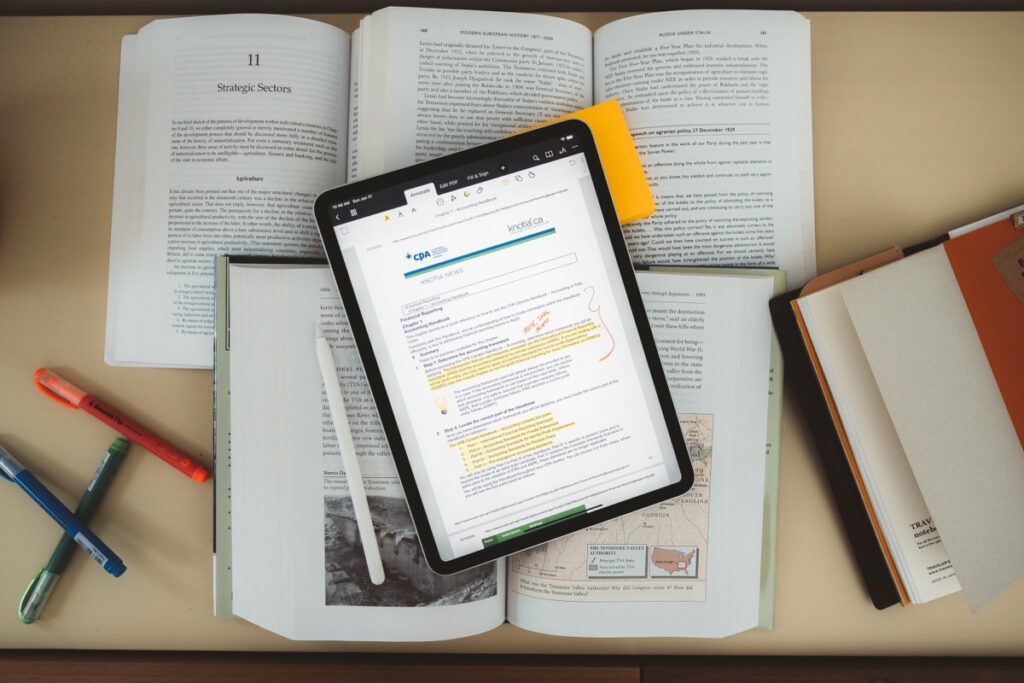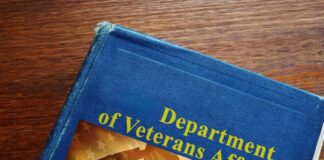
Memorizing a large amount of information may seem impossible for most people, but with the right approach, it can become the easiest aspect of a student’s academic career. A college student’s memory is constantly being challenged.
Every day, students are presented with new ideas and information that must be remembered to be successful. The ability to quickly memorize and recall information can mean the difference between a good grade and a bad one.
There are a variety of memorization techniques that can be useful for college students studying for exams. However, remember that it’s not about how many techniques people know but how they use them.
But before getting to all of the useful tips that will help you memorize any information the university throws your way, students should know that many services can help them with aspects of studying other than memorization, such as essay writing.

If you need to write paper, for example, using an essay writing service like PaperWriter can turn that F into an A in no time! Just remember that when you need to memorize something and have no other choice, an essay writing service won’t be able to save the day.
That’s when you have no choice but to roll up your sleeves and do some real memorizing. Some common methods include:
- Using mnemonic devices
- Creating study guides
- Repetition
- Semantic mapping
- Distributed practice
- Practicing active recall
1. Mnemonic Devices

One popular technique for memorizing information is to use mnemonic devices. These are tools that help you associate new information with something already familiar to you. For example, the acronym “ROY G BIV” is a mnemonic device used to remember the order of colors in a rainbow (red, orange, yellow, green, blue, indigo, violet). Mnemonic devices can help memorize long lists or sequences of information.
Another common mnemonic device is the story method. This involves making up a story that incorporates the information you need to remember. For example, if you needed to remember the planets in order from closest to furthest from the sun, you could create a story such as:
“My very eager mother just served us nine pizzas” (Mercury – Venus – Earth – Mars – Jupiter – Saturn – Uranus – Neptune – Pluto).
The key to using mnemonic devices effectively is to make sure they are personal and meaningful to you. Otherwise, it can be difficult to recall the information when you need it.
2. Study Guides

Creating study guides can also be an effective way to memorize material for exams. A study guide includes a summary of important concepts covered in class along with key vocabulary terms and other relevant information. It can be helpful to organize your study guide by topic or unit so that all of the related material is in one place.
Students may also want to go through their lecture notes and highlight any sections that seem especially important. As they create their study guide, they should make sure to work on mastering one concept at a time. Trying to learn everything at once will likely lead to confusion and frustration.
3. Repeat, Repeat, Repeat
Repetition is another effective method for improving memory as it increases the likelihood that information will be encoded into long-term memory storage. If possible, try repeating material aloud as this has been shown to further increase retention rates; however, simply reading over the material multiple times will also lead to better recall later on down the road.
When using this technique, it is important not to focus on trying hard to learn everything at once; rather, space out repetitions over several days or even weeks so that you don’t become overwhelmed and start forgetting what was originally learned.
Additionally, intermittent testing (taking practice quizzes/tests throughout your study period instead of waiting until right before an exam) has been found helpful as well since it forces one to repeatedly retrieve information from memory which in turn strengthens those neural connections making them less likely to decay quickly.
4. Organize Information Using Semantic Mapping

Semantic mapping is the process of creating mental associations between pieces of new information and existing knowledge structures stored in one’s brain. For example, if one were trying to learn about different countries in Europe, they could create a mental map linking each country with its capital city. This would help provide meaning and context for all the individual facts they were trying and struggling to remember independently from one another.
Other ways of organizing related concepts include Venn diagrams or concept maps (drawing lines connecting related ideas), both of which have also been found useful for enhancing recollection later on down the line.
5. Try Distributed Practice

Distributed practice refers to spreading out study sessions over time rather than cramming everything into one big session right before an exam. Research shows that doing so leads to much better long-term retention rates compared to non-distributed practice, in which people generally end up forgetting most of what they studied soon after learning it due to the rapidly decaying nature of these types of memories.
Additionally, implementing some form of retrieval practice like previously mentioned creates additional encoding events allowing memories to further consolidate each time they are accessed.
So next time you find yourself wanting to sit down for a marathon study session, ask yourself whether it might be more beneficial to spread things out a little bit and make sure to really understand what you are trying to take away from the experience.
6. Active Recall Practice

Another way to improve memory retention ability is by practicing active recall. This means testing oneself on material soon after learning it instead of waiting until later to review what was learned. Studies have shown regular quizzing leads to better performance overall compared to cramming right before a test. One easy way to do this is by setting aside a few minutes each day specifically devoted to recalling what was studied earlier during the day.
Final Thoughts
Now that you know some of the most effective techniques to keep information stored in your memory, don’t neglect other aspects of education. Always remember to use technology to your advantage when studying in the modern age, and never that many categories of apps can give students the edge they need in their academic journey!








